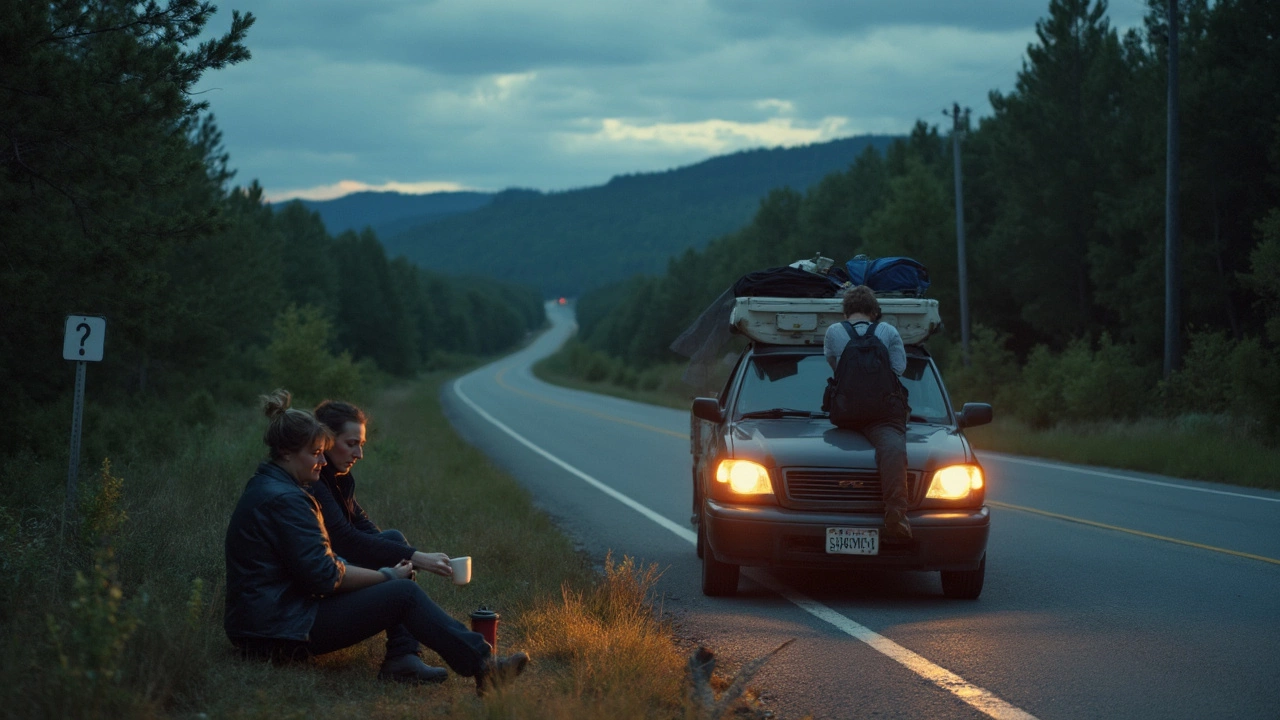Public Land Camping in Nottingham: What You Need to Know
If you love the freedom of a motorhome and want to save on campsite fees, public land can be a great solution. In Nottinghamshire, a lot of open fields, woodlands and bridleways are technically public land, but they come with rules that keep both you and the environment safe. This guide breaks down the legal side, shares practical tips, and points you toward the best places to park your motorhome without breaking any laws.
What the law says about public land
The UK has a patchwork of laws that affect where you can set up for the night. Most public land is managed by local councils, the National Trust, or the Forestry Commission. In most cases, you can only stay for a few hours – usually up to two – unless the land is specifically designated for ‘wild camping’ or ‘overnight stays’. The famous 2‑2‑2 rule (two people, two tents, two nights) is a useful shorthand, but it’s not a legal guarantee. If you’re on a public footpath or bridleway, you must move on when you finish your break.
For motorhomes, the situation is tighter. You’re not allowed to park overnight on a public road unless it’s a designated lay‑by with a clear ‘overnight parking’ sign. Parking on a public field without permission can count as trespassing, and you could be asked to leave or face a fine. The safest bet is to look for a permissive overnight site – a piece of land where the owner has said it’s okay to stay – or use an official campsite that offers a public‑land feel.
Practical tips for motorhome campers
Here are the top things to do before you pull up on public land:
- Check the map. Use the Ordnance Survey or a reliable app to see who owns the land. If it’s marked as ‘Forest’, ‘National Trust’, or ‘County Council’, you’ll find the rules on their website.
- Ask for permission. A quick phone call or a polite knock on a nearby farm gate can save you a lot of hassle. Many landowners are happy to let you stay a night if you keep a low profile.
- Keep it short. Aim for a two‑hour stay unless you have explicit permission for longer. This respects the land and reduces the chance of a complaint.
- Leave no trace. Pack out all rubbish, use a portable toilet or a designated loo, and avoid digging fire pits. The less impact you make, the more likely you’ll be welcomed next time.
- Stay quiet. Motorhomes can be noisy, especially when you’re running the heater or air‑con. Turn off non‑essential appliances after you settle in.
Many of our readers find the Is a Portable Power Station Worth It? post useful when planning a short stay on public land – a small power pack can keep lights on without the need for a campsite hookup. Likewise, the Can You Use a Motorhome Toilet While Driving? article explains why it’s safer to wait until you’re parked before you empty your tank.
When it comes to choosing a spot, look for wide, level ground away from livestock and high‑traffic paths. A gentle slope helps with drainage, and natural windbreaks can keep you comfortable on colder nights. If you’re near a forest, park on the edge to avoid damaging roots and to give yourself easy access to a walking trail.
Finally, keep an eye on local news and council announcements. Some areas close public land for road works or seasonal events, and staying informed prevents last‑minute surprises. With a bit of research and respect for the rules, public land can become a cost‑free extension of your motorhome adventure in Nottingham.
